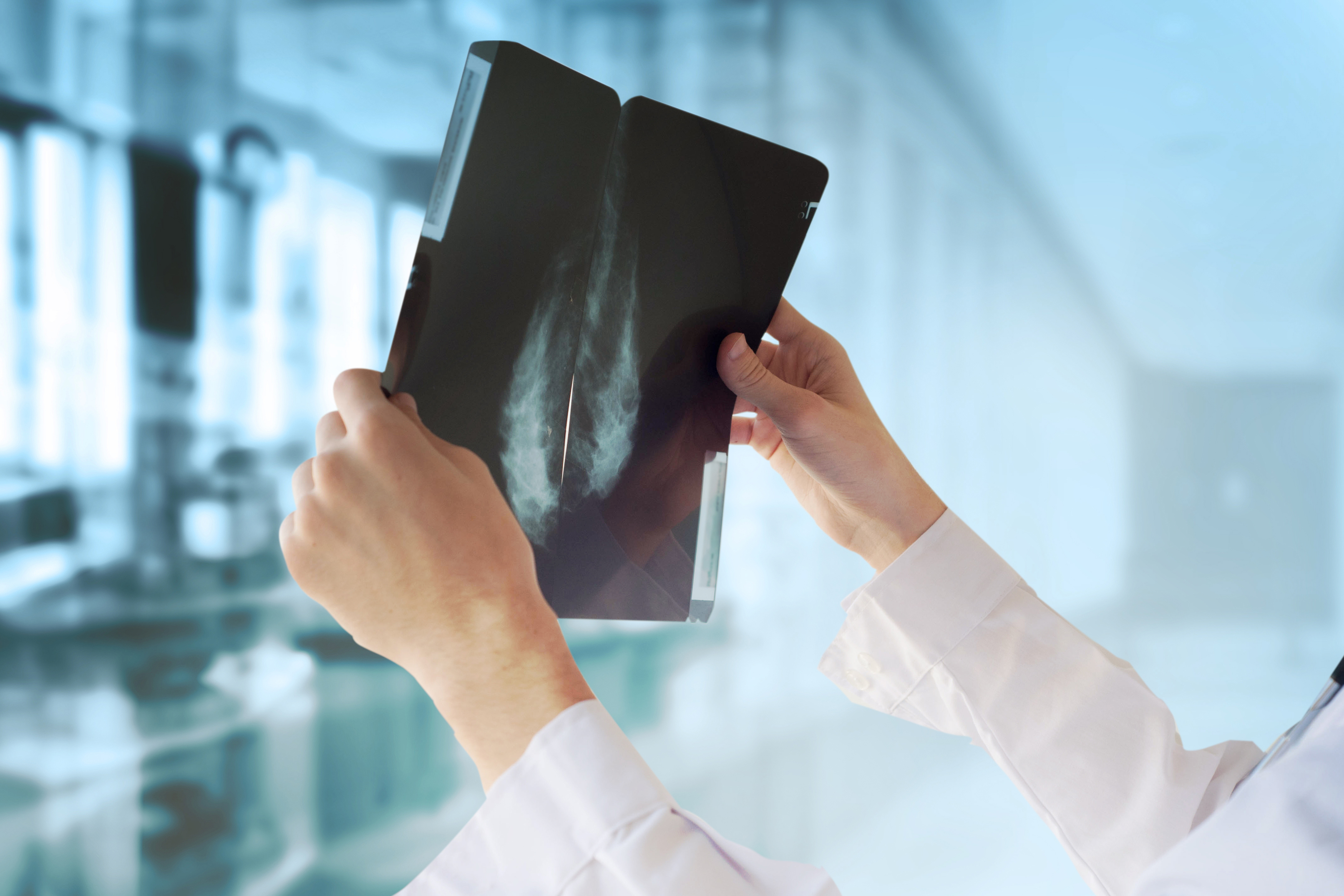Scientists from King’s College London, funded by Breast Cancer Now, believe they have found a way to identify lymph-node positive breast cancer patients who are most likely to develop incurable secondary tumours (metastases) and those who are less at risk. The research is published today in The Journal of Pathology: Clinical Research.
Currently, when a patient is diagnosed with breast cancer, doctors investigate whether cancer cells have already spread to some of their lymph nodes (known as lymph-node positive breast cancer). Patients with lymph-node positive disease tend to experience worse outcomes, and are therefore normally given more intensive treatment, such as chemotherapy.
In the new study, scientists at King’s College London, led by Dr. Anita Grigoriadis from the Breast Cancer Now Research Unit at King’s College London, studied lymph node tissue and primary tumour samples from 309 breast cancer patients, who were treated between 1984 and 2002 at Guy’s Hospital London.
As part of the research scientists looked at both positive (presence of cancer cells), and negative (free of cancer cells) lymph-nodes. Crucially, they found that it is the features of the cancer-free lymph nodes that may add valuable information to help predict the likelihood of the disease spreading.
By applying sophisticated mathematical models, researchers were able to analyse morphological changes of the lymph nodes and develop a score to predict an individual’s risk of breast cancer spread. Of the patients whose lymph node status was known, 143 had cancer cells present in their lymph nodes and were therefore thought to have a higher risk of developing cancer in distant organs.

The study found that within this high risk group, around a quarter of women were in fact unlikely to develop metastasis within ten years. Early results showed that variances in the architectural features of cancer-free lymph nodes could help doctors differentiate between patients that are more or less likely to develop secondary cancers.
If validated in larger studies, this breakthrough could mean that it may be possible to identify those at the highest risk of their breast cancer spreading, with more aggressive treatments targeted specifically to them, while those at low risk could be spared treatments that may not benefit them, as well as the subsequent side-effects.
“At present the tissue of breast cancer patients is routinely investigated to determine if the cancer has spread to the lymph node,” says Grigoriadis. “This new interdisciplinary research including pathologists, mathematicians and bioinformaticians, suggests that there is a need to get ahead of the ‘cancer curve’ and identify other markers whose presence suggests that cancer may develop. With our method, we utilise tissue which is used routinely for diagnosis of breast cancer patients. By inspecting more features of the lymph node, we can separate the lymph-node positive breast cancer patients into a group who will develop distant metastasis quickly, and identify those patients who have very little risk of getting secondary cancers. We can therefore provide crucial information and might identify low-risk patients among a high-risk group.”
“That analyzing the architecture of lymph nodes could help predict whose breast cancer is likely to spread, and ultimately help guide treatment, is a highly exciting prospect,” says Baroness Delyth Morgan, chief executive at Breast Cancer Now, which funded the study. “If we are to finally stop people dying from breast cancer, we need to find ways to prevent the disease from spreading around the body, where it becomes incurable. Patients’ breast tumours can vary significantly in their biology over time. A new score that could identify certain women with primary breast cancer in need of more or less aggressive treatments could play a pivotal role in ensuring they are given the best possible chance of survival, while only giving treatments such as chemotherapy when it’s necessary. Importantly, as this tissue is already routinely taken at surgery, this analysis could in theory be easily integrated into current diagnostic tools, with further validation now needed in larger groups.”




